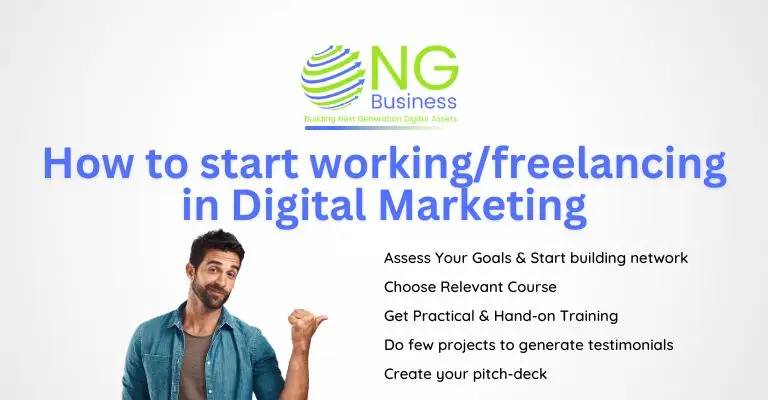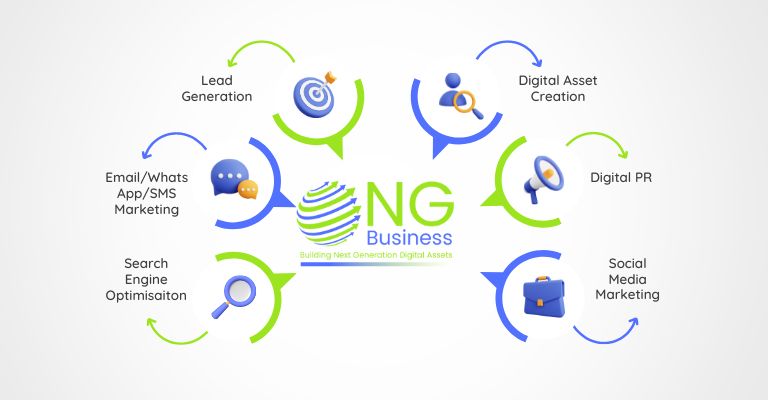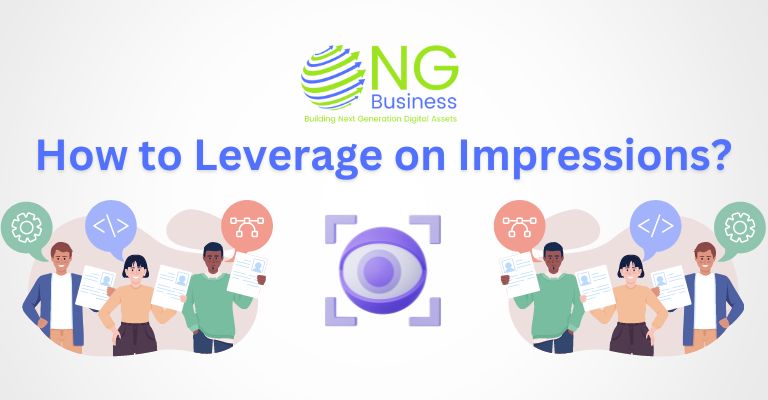
Start by Choosing the relevant digital marketing course
If you have doubt about how to become digital marketer then Consider the following factors while choosing the learning path:
- Assess Your Goals: Identify what you want to achieve—SEO, social media, PPC, or a broader digital marketing strategy.
- Course Content: Ensure the course covers essential topics like SEO, content marketing, analytics, and social media management.
- Practical Training: Look for hands-on projects, case studies, and tools like Google Analytics, Semrush, and Hootsuite.
- Instructor Expertise: Opt for courses taught by industry professionals with proven track records.
- Certification: Ensure the course offers a recognized certification.
Build a Network and Optimize Your LinkedIn Profile as a Digital Marketer
LinkedIn is a powerful platform for digital marketers to build connections, showcase expertise, and grow their career. Here’s how to optimize your profile and build a strong network:
1. Optimize Your Profile
- Professional Headshot: Use a high-quality photo.
- Headline: Include keywords like “Digital Marketer” and highlight your expertise.
- Summary: Write a compelling summary showcasing your skills, certifications, and achievements. Use SEO-friendly terms like SEO, PPC, and social media marketing.
- Experience: List relevant roles with detailed descriptions of your accomplishments and tools used (e.g., Google Ads, HubSpot, Semrush).
2. Build Your Network
- Connect Strategically: Start by connecting with industry peers, clients, influencers, and digital marketing groups.
- Personalize Connection Requests: Always send a brief note explaining why you’d like to connect.
- Engage with Content: Share and comment on industry news, write insightful posts, and engage with others’ content to build visibility.
- Join LinkedIn Groups: Participate in digital marketing groups and discussions to expand your reach.
3. Showcase Your Expertise
- Post Regular Content: Share case studies, marketing insights, and success stories.
- Feature Certifications: Display relevant certifications like Google Analytics, HubSpot, or Facebook Blueprint on your profile.
- Recommendations: Request endorsements and recommendations from colleagues, clients, and supervisors to boost credibility.
4. Leverage LinkedIn for Networking
- Attend LinkedIn Events: Participate in digital marketing webinars and virtual events hosted on LinkedIn.
- Message Connections: Follow up with personalized messages to new connections, introducing yourself and offering value.
- Collaborate: Partner with others in the industry for co-hosted content or events, enhancing your professional relationships.
What Next
1. Get Hands-On Experience
Apply your knowledge through internships, freelance work, or personal projects. Practical experience helps you understand how different strategies work in real-world scenarios.
2. Learn Key Tools
Get comfortable with essential tools like Google Analytics, Semrush, HubSpot, Hootsuite, and Google Ads. These will be crucial for optimizing campaigns and measuring performance.
3. Stay Updated on Industry Trends
Digital marketing evolves rapidly. Stay informed about the latest updates in algorithms, marketing tools, and strategies by following industry blogs, podcasts, and attending webinars.
4. Specialize in a Niche
While general knowledge is essential, focusing on one or two areas (like SEO or content marketing) can make you stand out as an expert in a specialized field.


